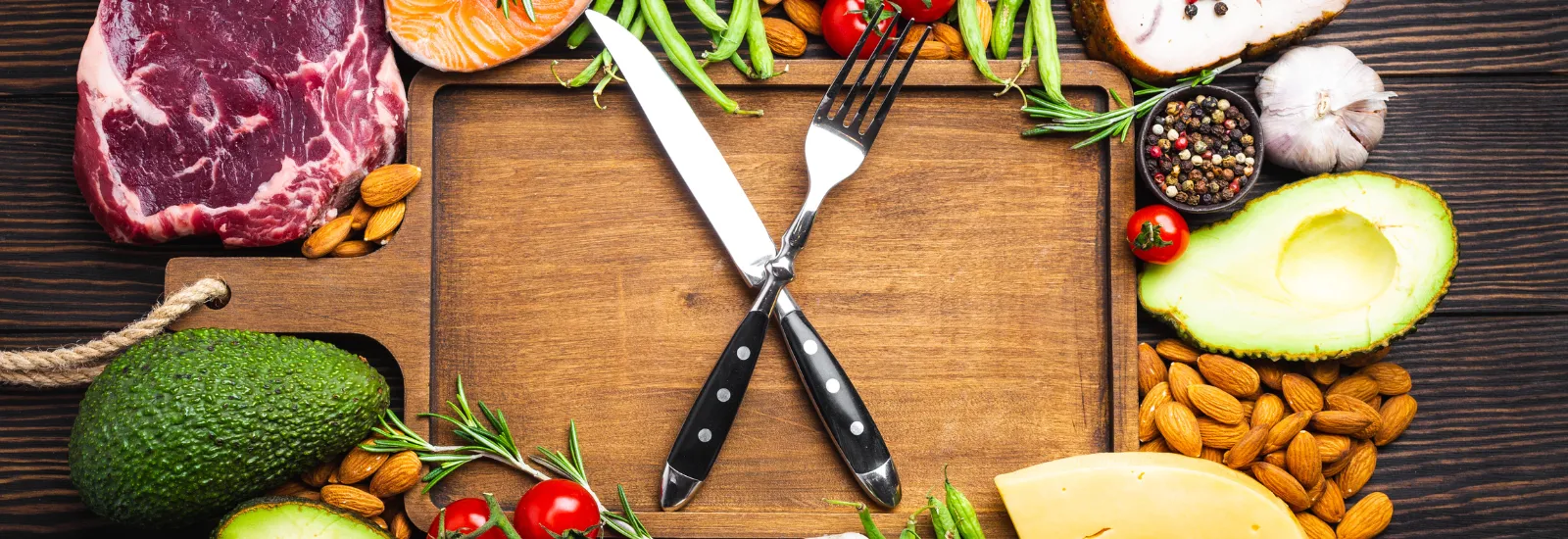
Are these 5 popular diets safe?
There always seems to be
a new popular diet popping up. Remember the grapefruit diet, the cabbage soup
diet, and the healthy shake diet? Then there are the low-fat diets,
high-fat/low-carb, the raw food diet, intermittent fasting, the Master cleanse,
and the juicing diet.
While some of these fad
diets might help you lose weight, in the long-term they can be hard to stick to
— and some are just unhealthy. Here's a look at a few
more of today's popular diets.
1. The Paleo diet
"Eat like a caveman" is
the unofficial slogan of the Paleo diet, a low-carbohydrate eating plan that
gets its name from the Paleolithic age, a time in which, adherents believe,
people lived on a meat-based diet (later research has revealed that meat made
up only about 3% of their diet). The Paleo diet includes lean proteins,
certain vegetables and fruit, and some healthy fats and nuts. It restricts
sugar, higher-carb foods, legumes and beans, and dairy.
Research has shown that
the Paleo diet can lead to weight loss and lower blood pressure. But without very
careful meal planning, the diet can cause nutritional deficiencies, notably in
calcium levels because it restricts consumption of calcium-rich dairy. This
could be especially concerning for children with growing bones or older adults
at risk of osteoporosis.
2. The Ketogenic (keto) diet
While some types of
low-carb diets are described as ketogenic, a true keto diet involves consuming
up to 90% of your daily calories from fats. (Yes, really.) For a person on a
2,000-calorie-a day diet — about the normal adult average — that's a whopping
165 grams of fat, along with 75 grams of protein and just 40 grams of carbs.
The keto diet is
sometimes prescribed to help reduce seizures in children. But for weight loss,
the goal of the diet is to rely on ketone bodies, a type of energy the liver
produces from stored fat. Normally, the body uses glucose energy it gets from
carbohydrates.
The keto diet might help
you lose weight, and possibly quite quickly, but it can also lead to liver and kidney
problems
if you stay on it too long, as well as dehydration and constipation. A high-fat
diet can also be bad
for your heart health by raising
your cholesterol.
3. The plant-based diet
There are different
definitions of a plant-based diet. Some people define it as a strict vegan
diet, avoiding eggs, dairy, honey, and other animal products, and eating only
food that comes from plants. Others consider plant-based to mean a
traditional vegetarian diet that allows eggs and dairy but no meat, poultry, or
fish.
A plant-based diet has
been shown to improve outcomes for
people with diabetes. With the recent proliferation of realistic-tasting plant-based
meat substitutes, some people may find this change easier than they would have
in the past. However, be careful to balance your nutrient levels when changing to mostly or entirely no meat to
prevent iron or protein deficiencies.
4. The Mediterranean diet
If you're trying to
improve your heart health, eating a Mediterranean diet is a great way to
start. This vegetable-focused (but not vegetarian) eating plan has decades of research
behind it
that shows it can lower cholesterol and help with weight loss. It is also
recommended by the American Heart Association.
A Mediterranean diet
includes eating a lot of vegetables and fruit, whole grains, beans, nuts, and
fish. Low-fat dairy products and lean poultry are OK in moderation, with sugar,
fatty foods, and red meat reserved for rare occasions. Healthy fats, such as
olive oil and avocados, are encouraged (in reasonable amounts) as part of the
diet, while saturated fats from red meat and full-fat dairy products, such as butter,
are discouraged. One benefit of this diet is that it encompasses a lot of different types of affordable foods, making it both a
budget-friendly and family-friendly option.
5. The DASH diet
The Dietary Approaches
to Stop Hypertension, or DASH, diet was specifically designed to treat and
prevent high blood pressure. While research has not shown consistent weight
loss from the DASH diet, repeated studies have found it does lower blood
pressure and improve health outcomes for people with gout and diabetes. The
diet plan includes foods that are rich in calcium, potassium, and magnesium,
which are known to help control blood pressure. The DASH diet is similar to the
Mediterranean diet but has strict limits on
sodium.
Some of the food choices include fruits and vegetables, low-fat yogurt,
unsalted nuts, olive oil, whole-grain pasta, lean meats, and fish.
The real skinny on weight loss
If you're trying to lose
weight or change your diet for health reasons, be wary of any fad diet that
promises a miracle cure or rapid weight loss. If it sounds too good to be true,
chances are, it is. Whether you're avoiding meat, carbs, or sugar, research
shows the best way to improve your diet and health is to eat a balance of
nutrient-rich foods every day and to get plenty of exercise. Weight loss
happens when you burn more calories than you consume. Some people may also find
support programs like Overeaters Anonymous or WW (formerly WeightWatchers) can
be helpful with sticking to weight-loss goals.
Additionally, your
primary care provider is a great resource for learning which diets are safe for
you and for your family, as children's nutritional needs are different from
those of adults. Every person is different, but there is a healthy eating plan
out there that can work for you.
If you need advice on
losing weight or making healthy lifestyle changes, your Reid Health provider
can help. Make an appointment or find a new provider today.

